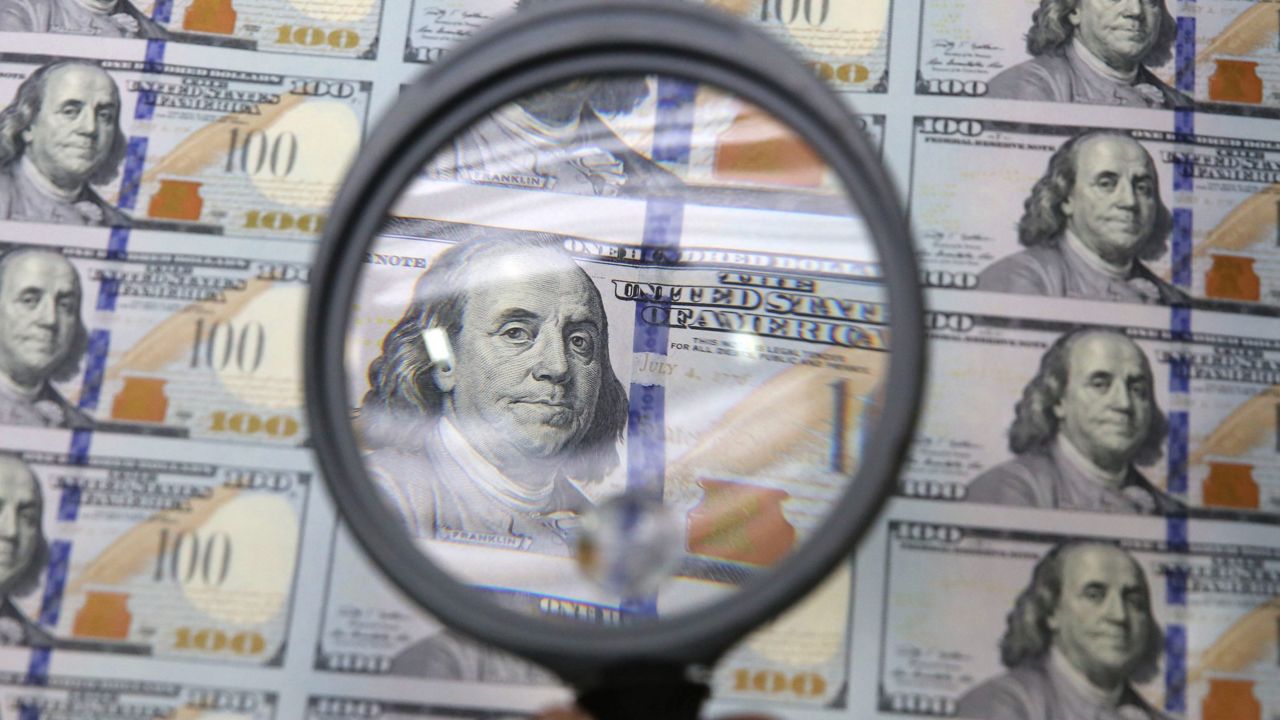New York and its localities ranked top in the nation in taxes and second for spending in 2021, according to a report released Tuesday morning by the Citizens Budget Commission.
The report found the state led in taxes in both collecting the most per person and the most per $1,000 of personal income, at $135. Spending was 50% more per capita than the national average in 2021 and was only lower than Alaska.
In addition, the state and its localities collected more revenue from all types of taxes — property, personal income, corporate, and sales — than 41 other states, according to the report.
The state’s local property tax collections per capita were 76% higher than the national average and ranked ninth nationally for sales tax collections.
The Citizens Budget Commission, a fiscal watchdog group, compiled the report using data from the U.S. Census Bureau’s annual survey of state and local government finances in 2021, which is the most recent report available. Both the state and New York City have also increased spending significantly since 2021, the commission noted.
“Higher than average taxes and spending is not inherently bad. New York has long chosen to levy high taxes to fund an extensive array and level of services that are relatively high cost,” the commission summary reads. “The issue is whether the value proposition — are residents and businesses satisfied with what they get, what they pay for, and what they need — continues to hold and bolster New York’s future.”
The commission’s report comes as both the state and New York City are crafting their annual budgets, and Gov. Kathy Hochul and legislative leaders expect to spar over a proposal to increase taxes on New York's millionaires and billionaires in order to raise state revenue.
“While the state’s economy is strong, further tax increases could be counter-productive, threatening New York’s competitiveness,” according to the commission's report. “They also should not be needed, since the State and its localities should instead focus on the most impactful programs and policies, running them efficiently and effective.”
The state budget is due April 1.



